Putin is preparing for talks with the incoming Trump administration for ending the Russia-Ukraine conflict. Ukraine is understandably concerned about Trump agreeing to terms skewed in favour of Russia. Many believe that Trump is likely to continue with his “maximum pressure” policy on Iran. At the same time, it is important to bear in mind that Saudi Arabia’s ties with Iran have improved in recent years, despite some differences, and Russia’s proximity with Iran has increased as well. Iran and Russia have also been working together to circumvent US sanctions.
Commentators and analysts globally are curious about incoming US President Donald Trump’s approach towards crucial issues, especially the Russia-Ukraine conflict and the incoming US President’s stance towards trade ties between the US and other countries. Regarding the Russia-Ukraine conflict, Trump has reiterated the point that he would use his personal rapport with Russian President Vladimir Putin to end the conflict. While earlier Moscow had taken Trump’s claims with a pinch of salt, Putin is preparing for talks with the incoming Trump administration for ending the Russia-Ukraine conflict. Ukraine is understandably concerned about Trump agreeing to terms skewed in favour of Russia. During the election campaign, Trump had repeated the point about the imposition of tariffs on several countries including China. Recently, Trump said that he would impose a 25% duty on goods coming from Mexico and Canada and an additional 10% on goods coming from China.
Regarding the Middle East conflict, Trump in April 2024 had remarked: “Get it over with and let’s get back to peace and stop killing people.” The Abraham Accords, via which Arab nations – UAE, Bahrain and Sudan — normalised ties with Israel, were brokered by the Trump Administration. These accords were hailed by the Biden Administration.
Also Read: Golden Visas, H-1B, Restrictionism: The Immigration Crossroads in a Trumpist World
Changes in the Middle East
In recent years, however, geo-political dynamics in the Middle East have significantly changed. First, Gulf nations have sought to reset ties with Iran and reduce tensions. In March 2023, Iran and Saudi Arabia had resumed their diplomatic ties via a China-brokered agreement. Second, while Gulf nations do want cordial ties with Iran, the Israel-Palestine conflict has put Saudi Arabia and UAE in an awkward spot. In fact, the Biden administration was focusing on normalising ties between Saudi Arabia and Israel, but one of Saudi Arabia’s conditions was to put an end to the conflict in the Middle East and to establish a Palestinian state. In September 2024, Saudi Crown Prince Muhammad Bin Salman categorically stated this point: “The Kingdom will not cease its diligent efforts to establish an independent Palestinian state with East Jerusalem as its capital.”
While the Abraham Accords may have been hailed as a success, Trump’s decision to pull out from the Joint Comprehensive Plan of Action (JCPOA) 2015 deal resulted in Tehran moving closer to Beijing and Moscow. The Biden Administration did relax some Iranian sanctions and continuously held back-channel talks with Tehran but was unable to revive the JCPOA. Trump has criticised Biden’s Iran policy and said that the decision to relax sanctions had given space to Iran for funding groups like Hezbollah and Hamas.
Trump has criticised Biden’s Iran policy and said that the decision to relax sanctions had given space to Iran for funding groups like Hezbollah and Hamas.
Trump 2.0 and Iran
Many believe that Trump is likely to continue with his “maximum pressure” policy on Iran. In an interview with CNBC, Trump’s National Security Advisor designate Mike Waltz said: “Maximum pressure, not only will it help stability in the Middle East, but it’ll help stability in the Russia-Ukraine theater as well, as Iran provides ballistic missiles and literally thousands and thousands of drones that are going into that theater.”
Given the pro-Israel, anti-Tehran stance of several others in the Trump administration, a tougher Iran policy could be on the cards. At the same time, it is important to bear in mind that Saudi Arabia’s ties with Iran have improved in recent years as mentioned earlier, despite some differences, and Russia’s proximity with Iran has increased as well. Iran and Russia have also been working together to circumvent US sanctions. While during the Biden Administration, Qatar and Oman were important intermediaries between the US and Iran, the possibility of Saudi Arabia playing peacemaker during Trump 2.0 cannot be ruled out – given Trump’s proximity with the Saudis.
You May Like: Trump 2.0 and India: Trumping Tariff Tensions, Transactionalism Amidst Geopolitical Rebalancing
It would be pertinent to point out that during the campaign, Trump’s incoming Vice-President Vance took a nuanced position vis-à-vis Iran compared to other members of Trump’s team. Said Vance: “I don’t want Iran to get a nuclear weapon, and I think we should be… using all the influence we have to encourage them to not have a nuclear weapon… But we just have to be smart about it,”
While during the Biden Administration, Qatar and Oman were important intermediaries between the US and Iran, the possibility of Saudi Arabia playing peacemaker during Trump 2.0 cannot be ruled out – given Trump’s proximity with the Saudis.
In conclusion, while other economic and geopolitical issues are drawing attention, it would be interesting to see whether the Trump administration’s approach towards Iran differs from the one adopted in the previous tenure. It also remains to be seen if there are differences within Trump’s team regarding the approach to be followed vis-à-vis Iran. US ties with Iran are important not just in the context of the Middle East, but also have ramifications beyond the region, given Tehran’s attempt to revive economic relations with countries other than China and Russia.
Also Read: US-Iran Tensions: Pezeshkian’s Foreign Policy, EU Role, and the 2024 Election Impact
Disclaimer: The views expressed in this article are of the author solely. TheRise.co.in neither endorses nor is responsible for them. Reproducing this content without permission is prohibited.
About the author
Tridivesh Singh Maini is a New Delhi-based Policy Analyst. He is faculty member of OP Jindal Global University, Sonepat, Haryana.

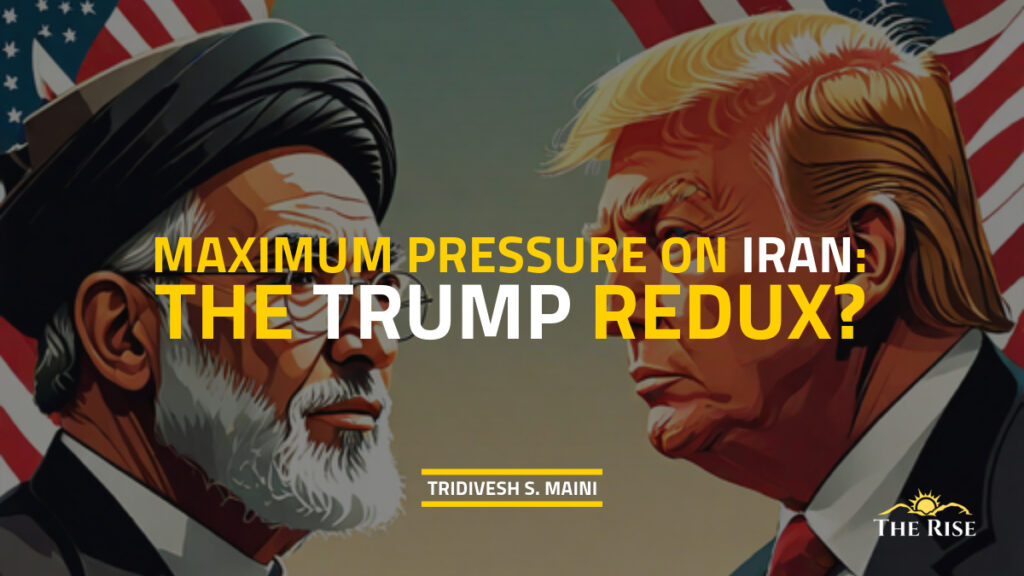

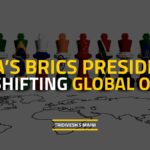
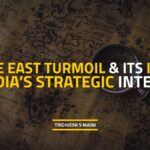
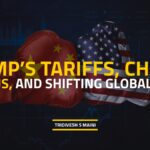





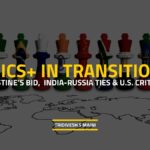

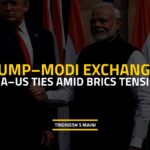
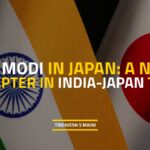

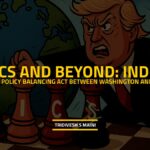


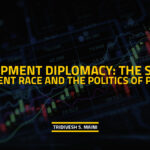


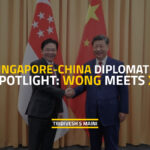

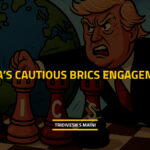
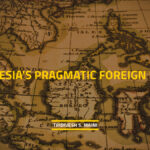

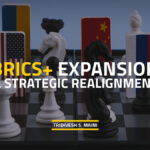



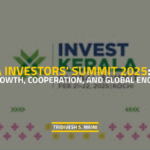
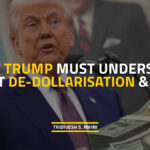
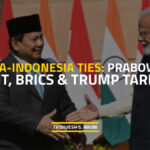

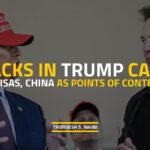

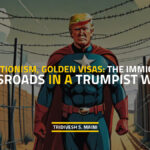
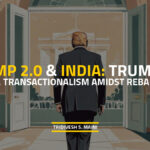
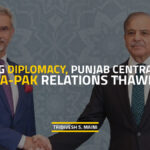



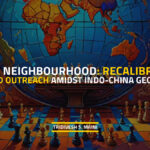

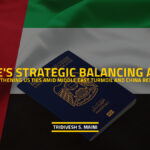
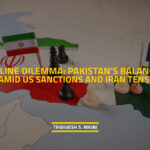
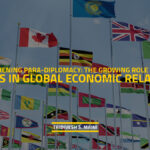
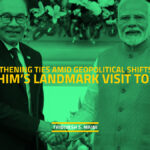
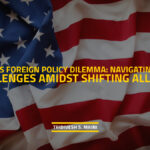
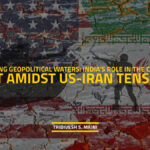
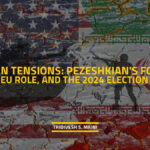



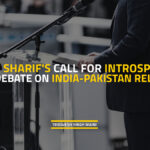
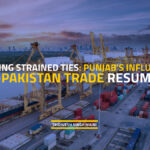
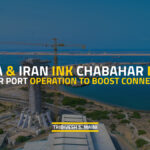

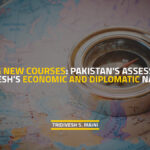

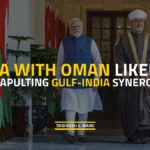
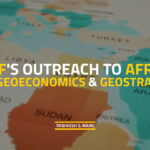

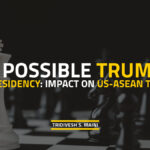
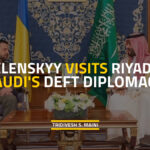
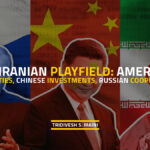
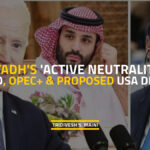
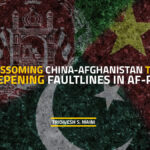
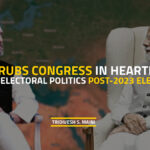
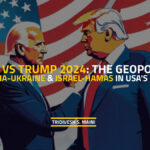
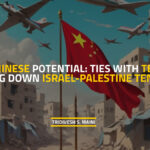
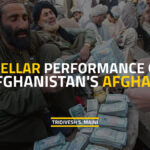


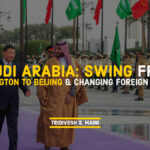

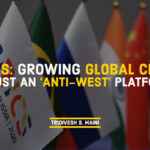
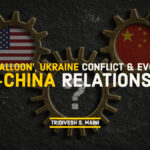
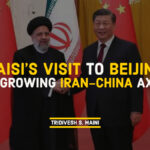



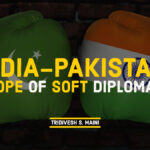
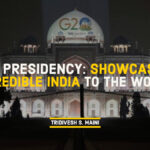

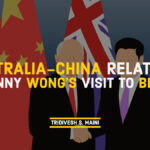
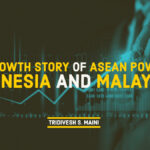

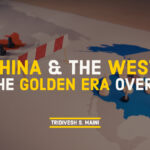
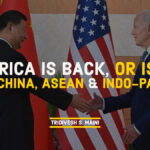
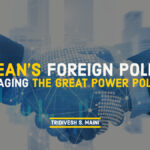
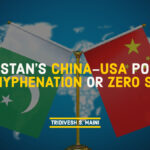
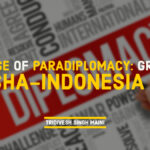
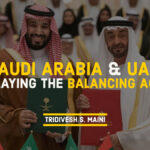
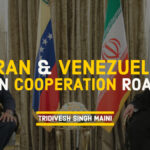

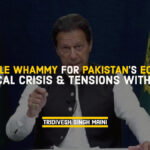
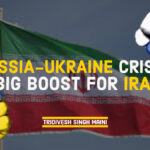
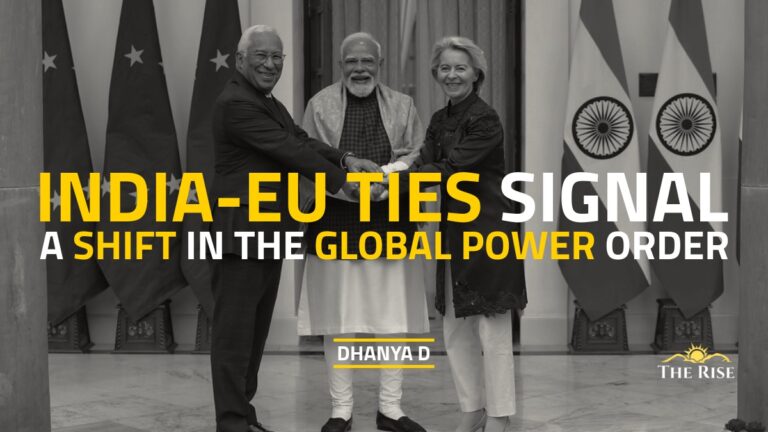
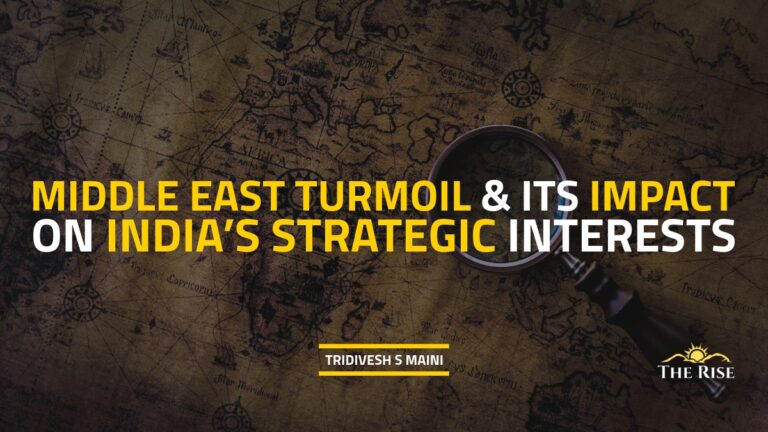
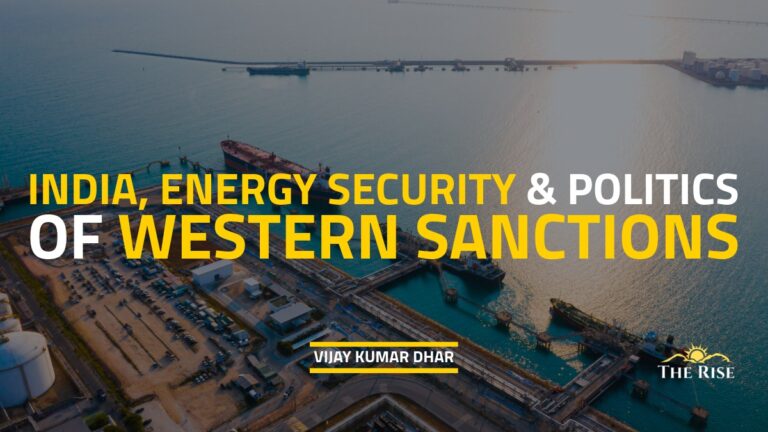

Pingback: Trump Inauguration: US Universities Caution International Students - TheRise.co.in
Pingback: Fall of Assad: The Syrian Turmoil and its Geopolitical Implications - TheRise.co.in